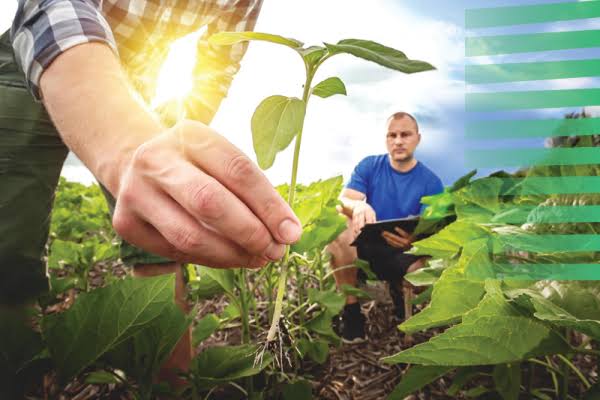The Role of Agricultural Education in Climate Change Mitigation

The Role of Agricultural Education in Climate Change Mitigation
Agricultural education plays a significant role in climate change mitigation by equipping individuals with the knowledge, skills, and competencies necessary to adopt sustainable agricultural practices. Through agricultural education, farmers, agricultural professionals, and students can learn about climate-resilient agriculture, sustainable land management, and environmentally friendly practices.
By promoting sustainable agriculture practices, such as conservation agriculture, agroforestry, and organic farming, agricultural education can help reduce greenhouse gas emissions, improve soil health, and enhance biodiversity. Agricultural education can also foster innovation and entrepreneurship in agriculture, enabling individuals to develop and implement climate-resilient agricultural solutions.
Moreover, agricultural education can raise awareness about climate change impacts on agriculture and provide training on climate-smart agriculture practices, enabling farmers and agricultural professionals to adapt to changing climate conditions. By investing in agricultural education, we can build a resilient agricultural sector that contributes to climate change mitigation and ensures food security for future generations.
Ultimately, agricultural education is critical for developing a skilled and knowledgeable workforce that can address the complex challenges posed by climate change, promoting sustainable agriculture practices and contributing to a more resilient food system.
